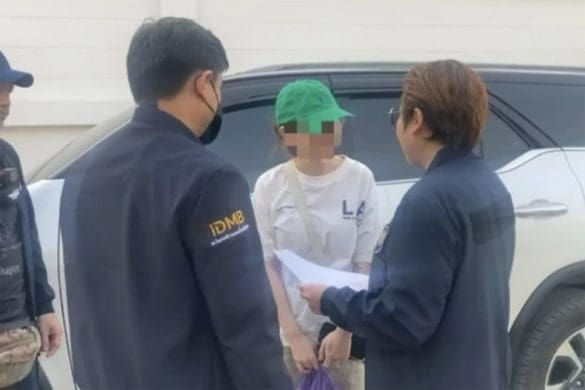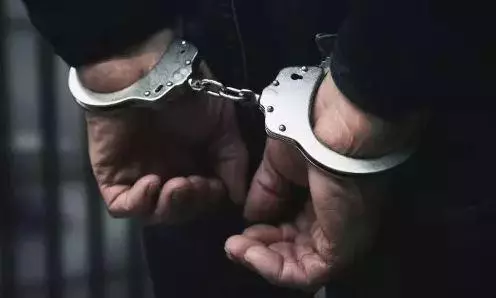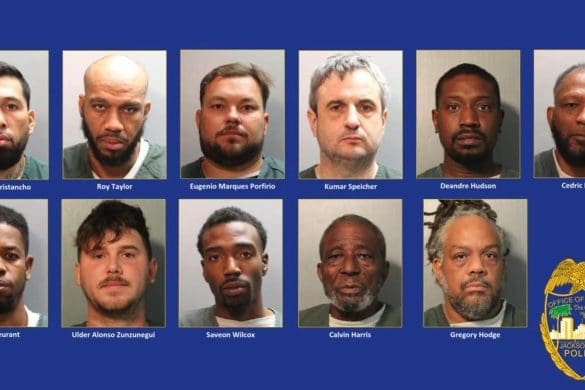By Fred Dzakpata

Among those filmed in these videos are some of the most influential women in the country, including the wives of prominent ministers, the sister of the President of Equatorial Guinea, and even his own relatives. The tapes were reportedly made with the consent of the women involved but have since been leaked online, triggering a media frenzy.
According to local reports, Engonga—who is also known as “Bello”—filmed these encounters in various locations, including hotel rooms, private homes, and even his office at the Ministry of Finance, where some scenes were shot next to the National Flag. The scandal has sent shockwaves through the country, particularly given that some of the women featured are married to key political figures.
While the Attorney General of Equatorial Guinea, Nzang Nguema, confirmed that the women appeared to have consented to the recordings, he stressed that the law only considers consensual relations a crime if there is evidence of coercion or violence. However, the situation is further complicated by concerns about potential public health risks due to unprotected sexual encounters.
In response to the scandal, the Equatorial Guinean government has swiftly moved to suspend all public officials implicated in similar acts, as part of its “zero tolerance” policy toward behaviors that compromise the integrity of public service. The Vice President of Equatorial Guinea, Nguema Mangue, has underscored the government’s commitment to upholding ethics and respect in public administration, warning that such irresponsible behavior will not be tolerated.
The arrest of Engonga and the subsequent fallout from the sextape leak have raised important questions about public ethics, sexual misconduct, and the accountability of high-ranking government officials in Equatorial Guinea.



